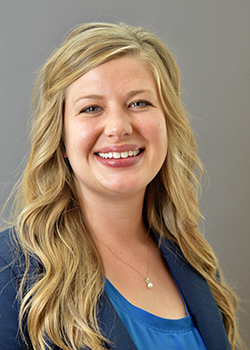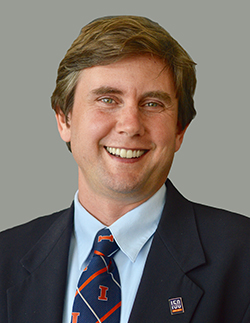Learn
Study principles of personal financial planning. Master core financial planning topic areas such as investments, tax, retirement, estate planning, higher education planning, general cash flow principles, and risk management. Learn the domains, process and ethical standards you need to become a financial planning professional.
Do
Compete in national financial planning competitions. Network at meetings of national associations such as the Financial Planning Association and the International Association of Registered Financial Consultants. Join an active financial planning club that brings professionals from a variety of backgrounds to campus for networking and educational events.
Advance
Graduate with the qualifications to sit for the Certified Financial Planner™ exam and, upon passing and meeting an experience requirement, hold the CFP® designation. Find work helping people as a CFP® professional as a wealth manager, investment advisor, insurance agent, or registered representative.


